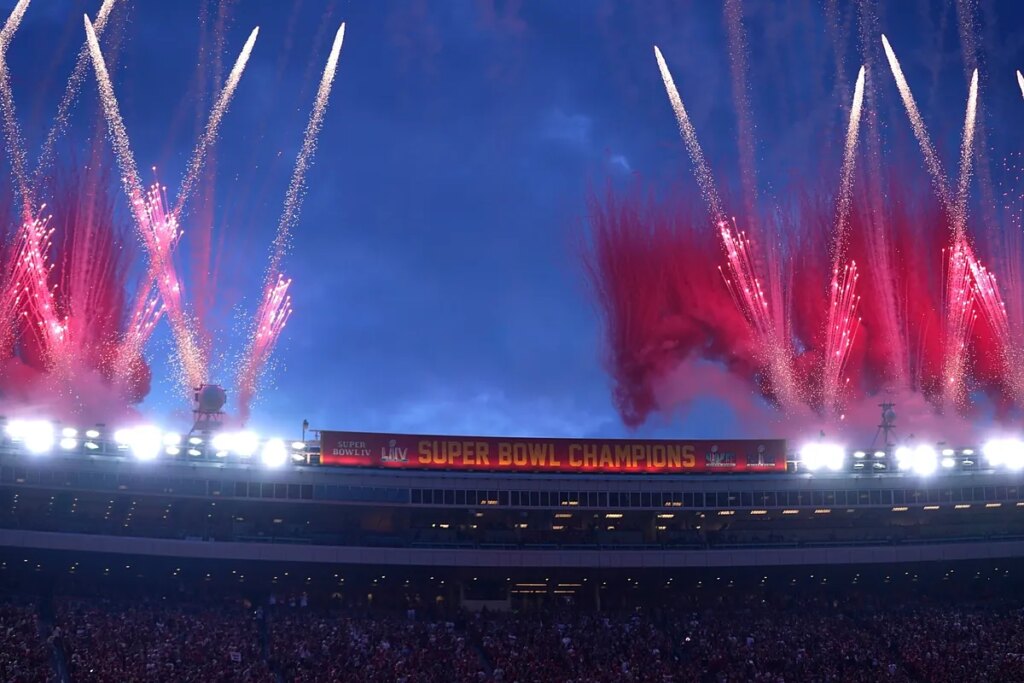Missouri lawmakers just sent a clear message to the Kansas City Chiefs andRoyals: we want you to stay-and we’re willing to pay.
During a special session Thursday, the Missouri Senate approved a package that includes major stadium incentives for both teams, alongside over $100 million in disaster relief for tornado-hit St. Louis. It’s a high-stakes bid, with time ticking down before a June 30 deadline to counter an aggressive offer from Kansas.
The package, negotiated by Governor Mike Kehoe, unlocks up to 50% public financing for new or renovated stadiums and $50 million in state tax credits. It also sets the stage for local governments to contribute. All of this comes just months after Jackson County voters rejected a sales tax extension that would’ve helped fund an $800 million Arrowhead Stadium upgrade and a new $2 billion Royals ballpark downtown.
Now, the ball is back in the teams’ court.
Missouri Makes Its Play to Keep the Kingdom
The Chiefs and Royals have played side-by-side in Kansas City since the early 1970s. But their leases end in 2031, and Kansas has already approved bonds to cover up to 70% of construction costs if the teams jump state lines.
Chiefs lobbyist Rich AuBuchon told a Senate committee this week that Missouri’s offer is “competitive” and that the team is eyeing a $1.15 billion plan to modernize Arrowhead and its practice facilities. Renovations would start in 2027 or 2028 and take about three years.
“There’s momentum,”said AuBuchon, who pointed to similar publicly funded stadium projects in cities like Buffalo, Nashville, and Baltimore.
But not everyone is cheering.
Critics argue that public funding for stadiums rarely delivers the promised economic payoff. “They’re just playing Missouri and Kansas against each other,” said Patrick Tuohey of the Show-Me Institute, whose St. Louis office was damaged in last month’s tornado. “This is about billionaire owners getting taxpayer handouts.”
Still, Royals lobbyist Jewell Patek called the legislation a “positive step,” even as he acknowledged that more local-level decisions-like potential tax incentives-won’t come until later this year.
No final commitments from the teams yet. But if Missouri can close the deal, it’ll be a huge win not just for sports fans, but for the state’s long-term identity.
Read the full article here

